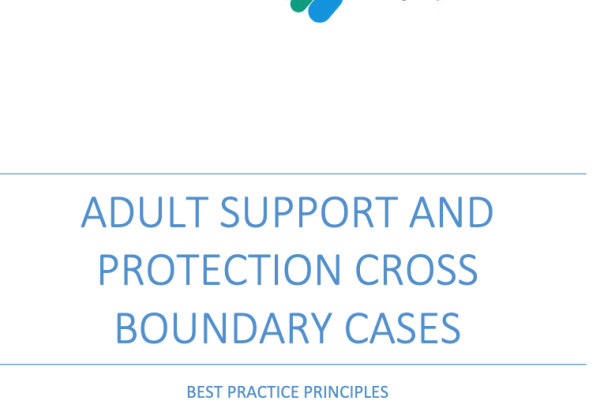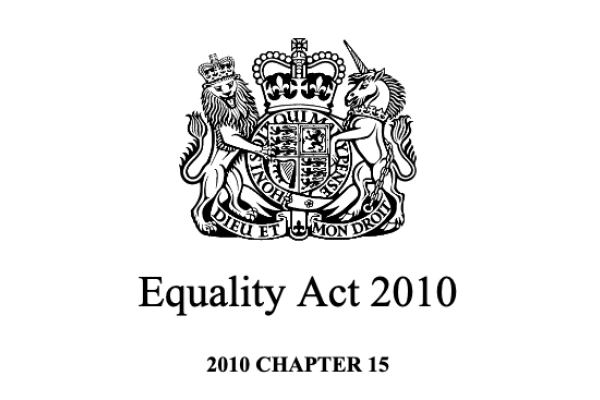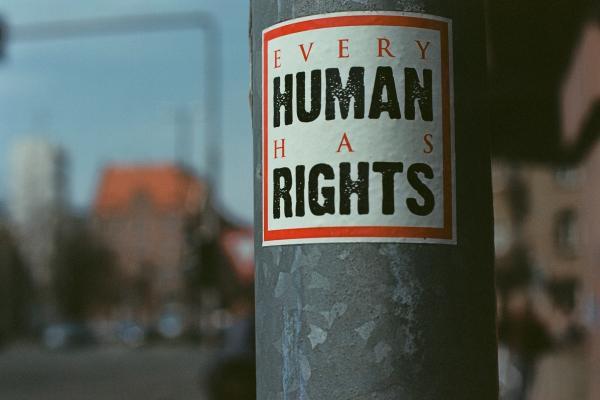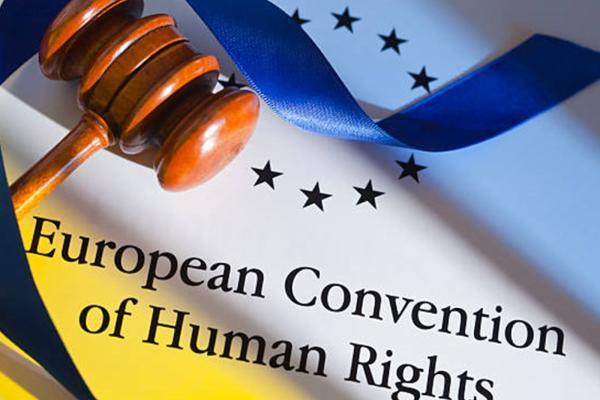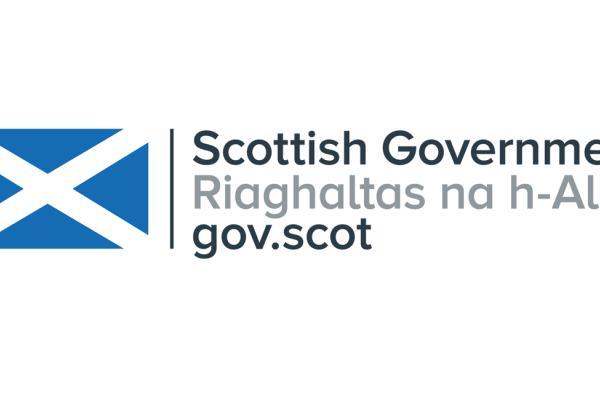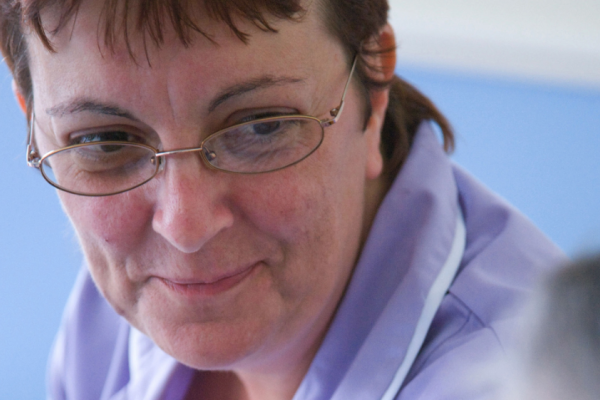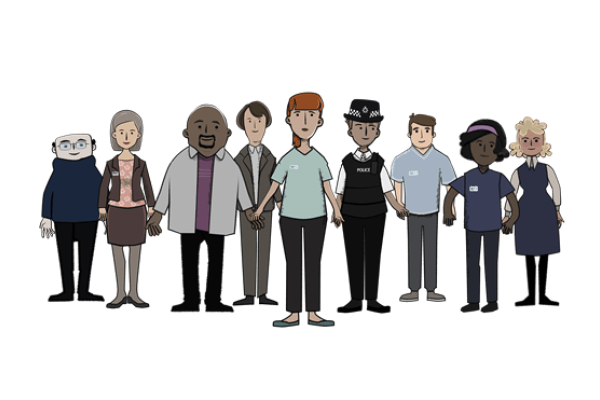Adult Support and Protection cross-boundary cases: Best practice principles
These are principles for information sharing regarding adults at risk of harm, in circumstances where they move from one area to another. Their aim is to ensure an adult at risk will be provided with the same level of support and protection in their new setting. The principles are can be used either with, or without, prior notice of the move. They can also be used when a person has already moved. These principles aim to support permanent changes of residence, though they may also be useful for temporary changes in residence.
